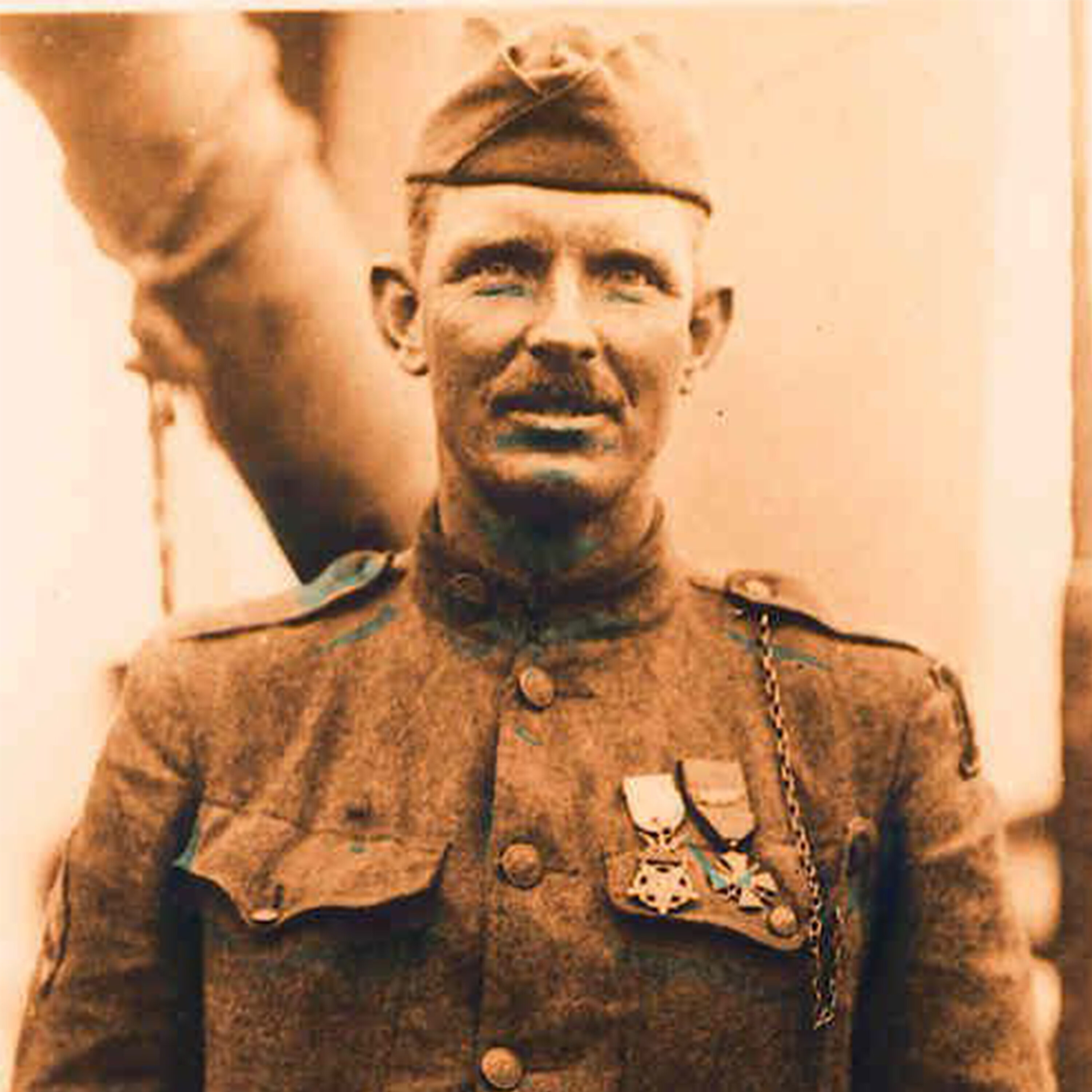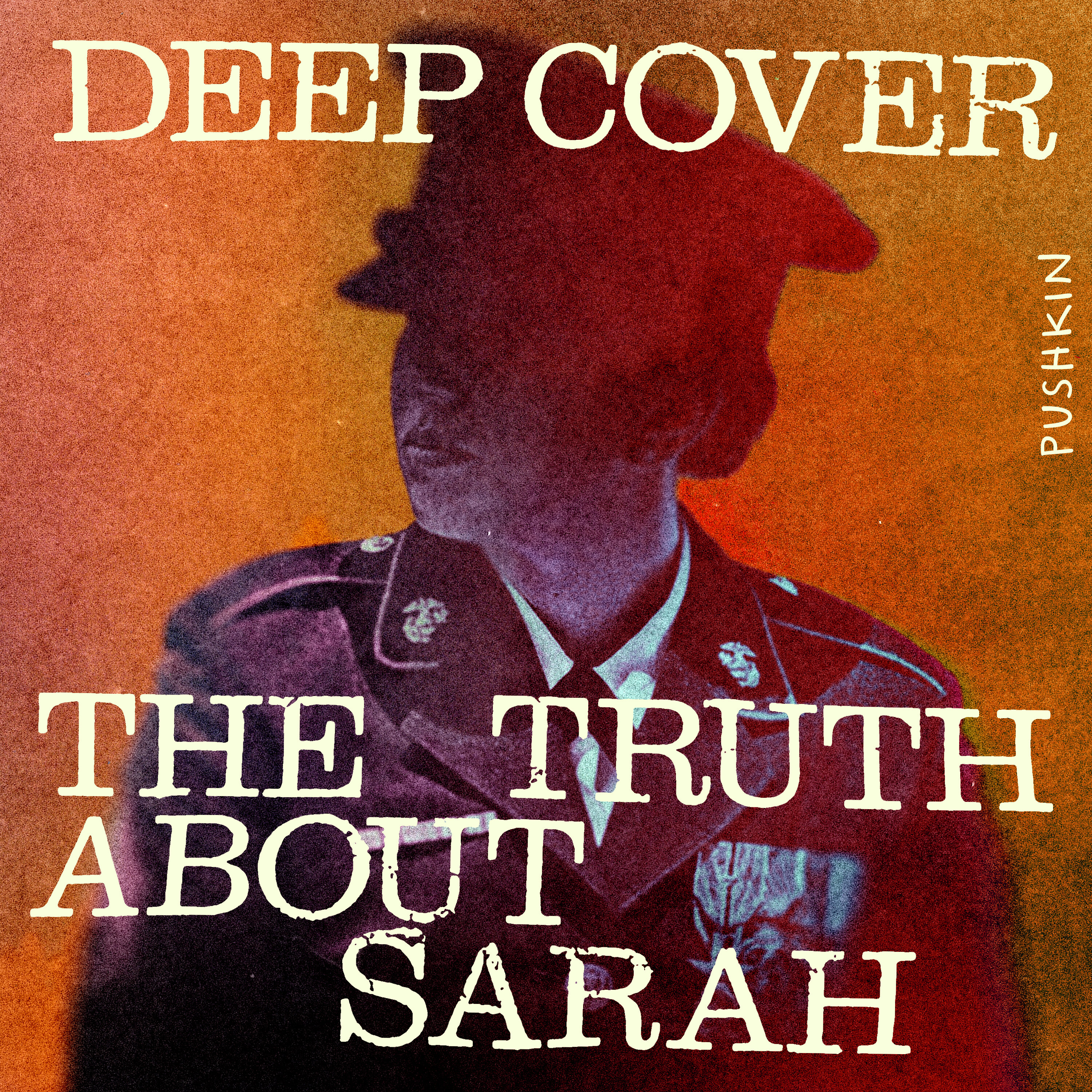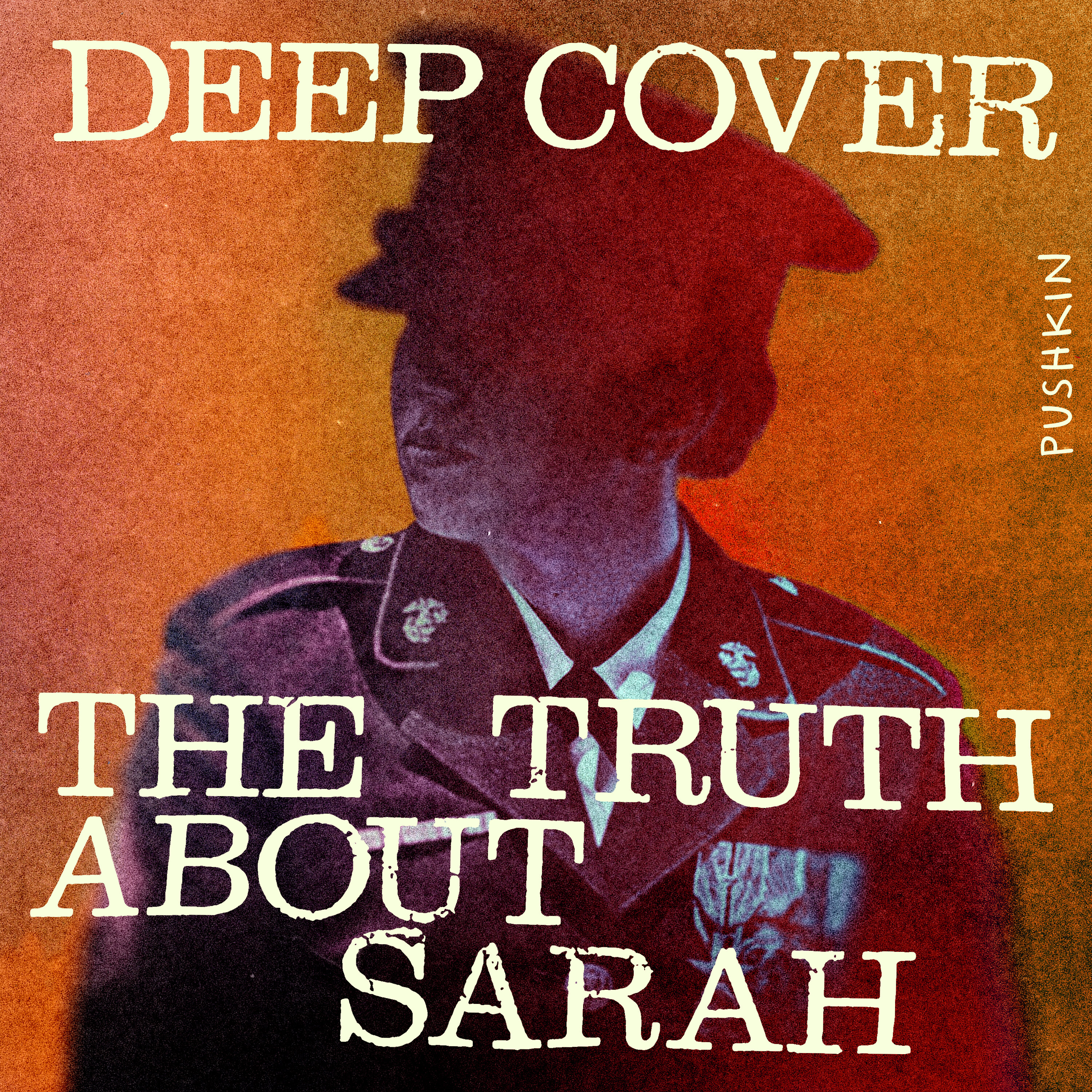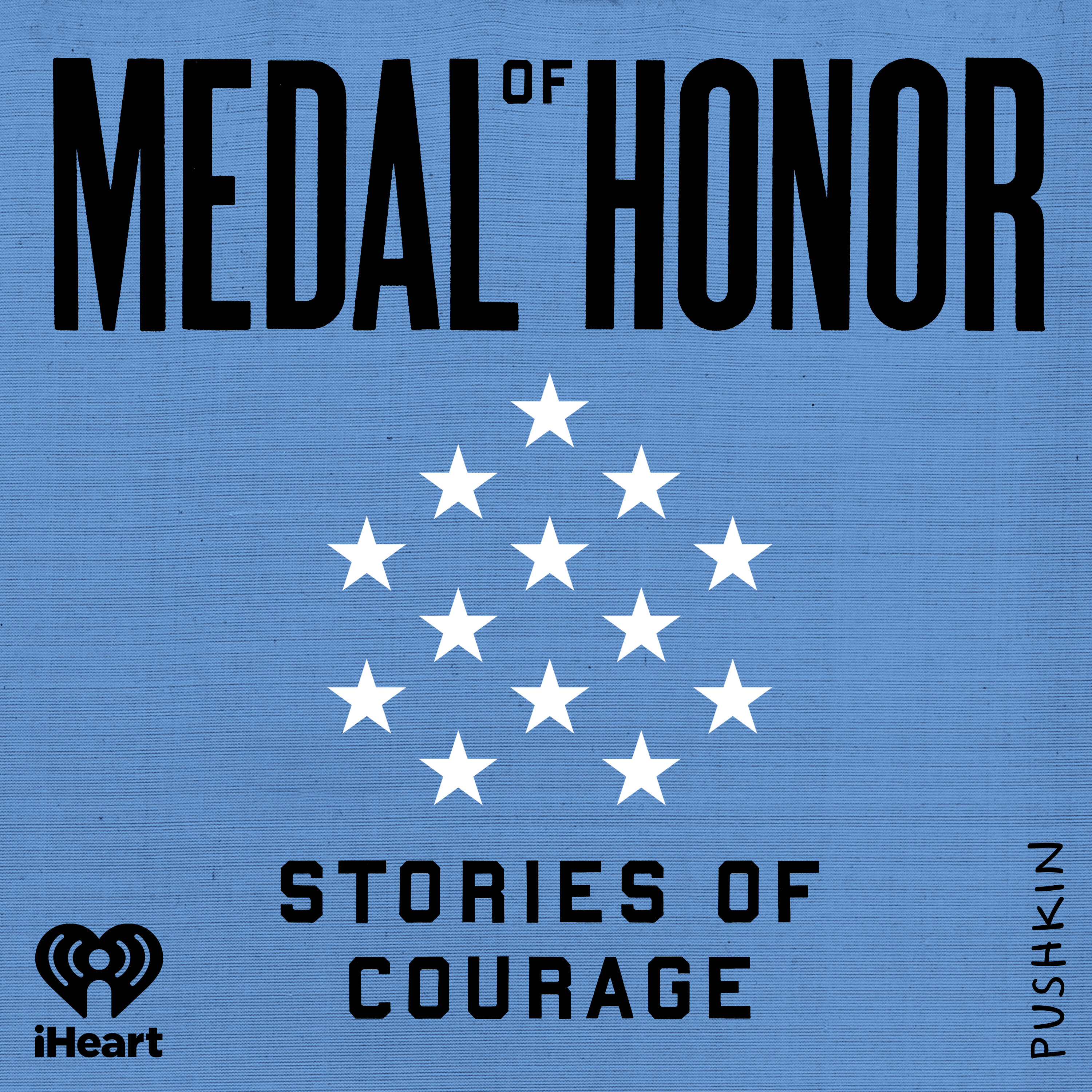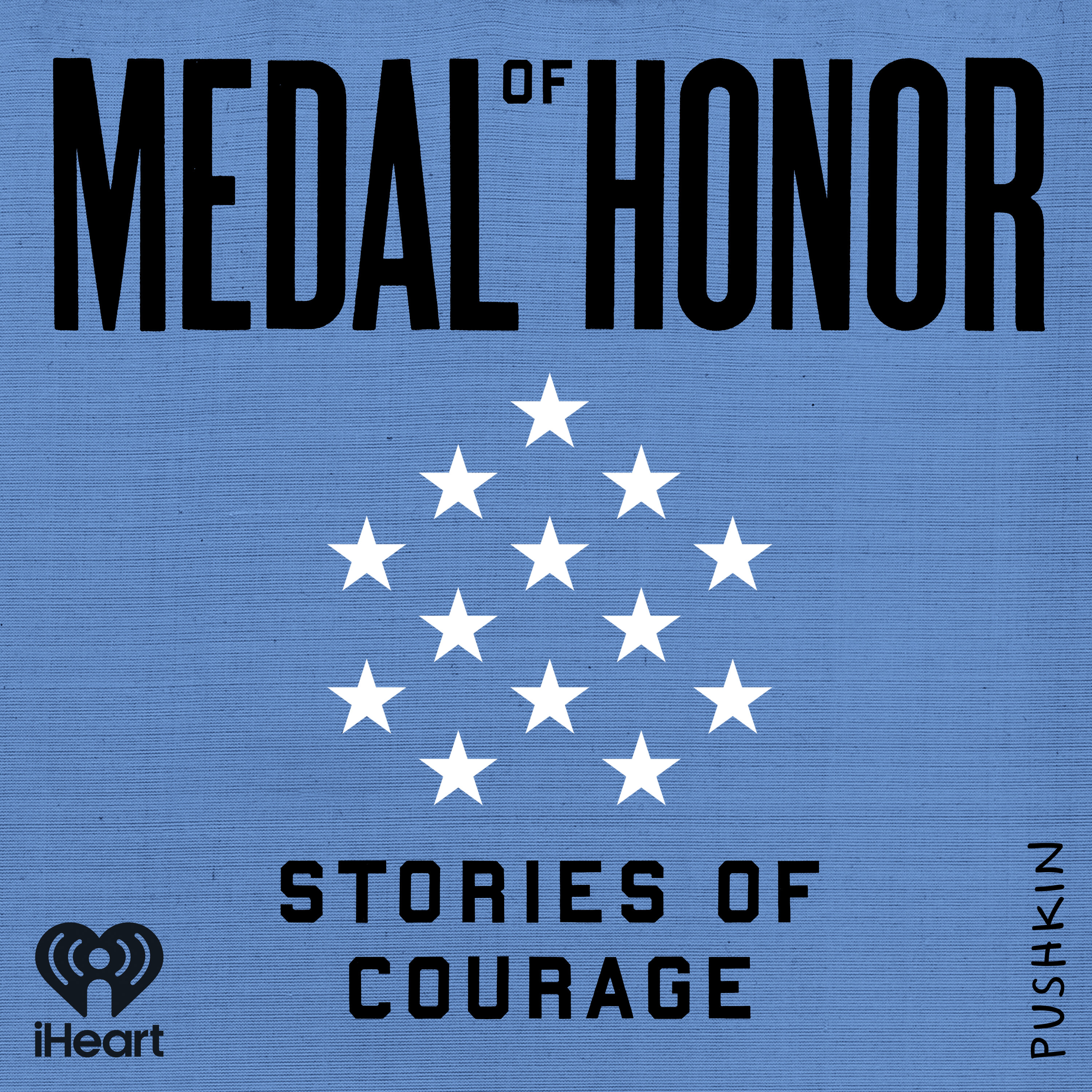Alvin York: The Dark Side of a War Hero
If you were alive between 1918 and 1940, it is absolutely certain that you would have heard of Alvin York’s famous exploits in World War One. But would you know the truth about the man, and about what he did one desperate day on the battlefield? Chances are you’d only know part of his story. But the tale behind his actual heroism is far more interesting, and far more human.
Episode bibliography:
Gregory, James Patrick Jr. Unraveling the Myth of Sgt. Alvin York: The Other Sixteen. Texas A&M University Press, December 26, 2022. https://www.amazon.com/Unraveling-Myth-Sgt-Alvin-York/dp/1648430759
Nelson, James Carl. The York Patrol: The Real Story of Alvin York and the Unsung Heroes Who Made Him World War I's Most Famous Soldier. William Morrow, February 23, 2021. https://www.amazon.com/York-Patrol-Unsung-Heroes-Soldier/dp/0062975889.
Perry, John. Sgt. York: His Life, Legend & Legacy: The Remarkable Untold Story of Sgt. Alvin C. York. B&H Books, September 15, 1997 https://www.amazon.com/Sgt-York-Legend-Legacy-Remarkable/dp/0805460748.
Skeyhill, Tom. Sergeant York and the Great War. The Vision Forum, October 23, 1998. https://www.amazon.com/Sergeant-York-Great-War-Courage/dp/1889128465.
See omnystudio.com/listener for privacy information.
Press play and read along
Transcript
Transcript is processing—check back soon.
